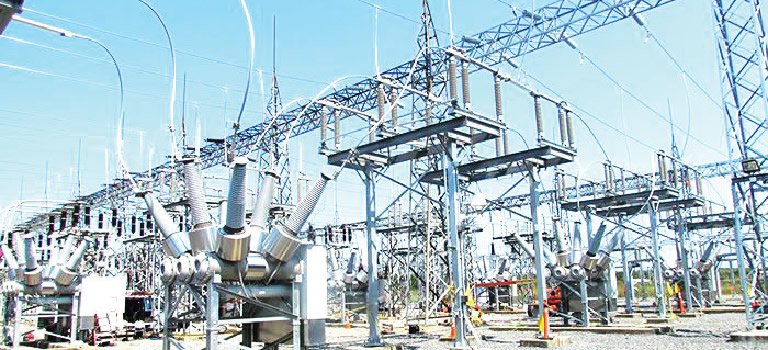
An additional capacity of 3,863 megawatts of electricity is to be made available to boost power supply to customers across the country in the next 24 months, the Federal Government has said.
It also stated that it had identified solutions with the Transmission Company of Nigeria and electricity distribution companies on addressing key interface challenges confronting the different power firms.
The government disclosed this through its Nigerian Electricity Regulatory Commission in a June 2022 document on the current state of the Nigerian Electricity Supply Industry obtained by our correspondent from the Federal Ministry of Power.
Nigeria’s peak power generation as of Monday, July 11, 2022, was 4,022.2MW, while off-peak generation on the same day was put at 3,521.3MW. Power generation on the national grid as at 6am on Tuesday, July 12, 2022, was 3,941.1MW.
Data contained in the June 2022 report on the current state of the sector, seen in Abuja on Tuesday, indicated that the country’s transmission infrastructure could evacuate about 7,000MW, while distribution companies could distribute about 5,800MW.
Available generation capacity was put at +/- 8,000MW, while gas constrained availability stood at +/- 5,500MW, as fuel availability and infrastructure could support between 4,000MW to 6,000MW.
On the quantum of electricity to be added in the next two years, the industry regulator said, “NERC has identified remedial plan with TCN and Discos on addressing key interface challenges in short, medium and long terms.
“We envisage that additional capacity of 3,863MW will be made available within the next 24 months in boosting supply services to customers.”
The NERC stated that the NESI was still confronted by poor service delivery and the absence of meters for substantial number of residential customers, adding that the allowed end-user tariff was still not cost-reflective.
“Discos and TCN (are) still unable to carryout necessary investment programmes to improve services and meter customers on a sustainable basis due to limited revenue base (tariff),” the report stated.
It added, “Market contracts could not be executed or become fully effective due to revenue shortfall. In the absence of effective contracts, gas supply to Gencos (generation companies) is on a best endeavor basis, which results in gas-constrained generation.
“Several judicial pronouncements on tariffs and effectiveness of contracts (exist). Sector shortfall/deficit approaching unsustainable levels. Over 2,000MW of generation capacity remains stranded due to network and gas constraints.”
Nigeria’s power sector has been hit by countless obstacles since it was privatised in November 2013, as both consumers and operators in the business have repeatedly complained about one issue or the other.
Commenting on the state of the sector, an energy law expert, Prof. Yemi Oke, observed that in 2009, the defunct Power Holding Company of Nigeria generated about 3,800 megawatts of electricity.
“Today, after all the noise about privatisation, the generation is 2,400MW,” he stated.
Oke added, “In 2009 NEPA (National Electric Power Authority)/ PHCN had only one MD/CEO (managing director/chief executive officer) managing the sector.
“Today and post-privatisation there are over 25 MDs/CEOs helping themselves from the revenue accruing from a paltry generation of 2,400MW. And they are crying about illiquidity.
“Where will they have the money to service this inefficiency? 25 MDs/CEOs and over 100 executive directors etc, depending on 2,400MW. This is the problem: jobs for the ‘boys’! We are in a deep, serious crisis as far as the energy sector is concerned (petroleum, gas and power)!”
In a copy of the judgment with suit no: FHC/ABJ/CS/1289/2020, the court stated that the “1st defendant acted unlawfully by applying provisions of the Finance Act 2019 that came into force on January 13, 2020 to periods, transactions, activities and income earned between January 2019 and December 2019 and giving it a retrospective effect by extending its scope to matters that had occurred earlier to the coming into effect of the same Act.”
The judgment further read in part, “This court orders the defendants to immediately permit the plaintiff to utilise the sum of $609,178.00 as a tax credit to offset its future company’s income tax liabilities.”
The judgment was delivered on June 27, 2022 by Justice N.E. Maha.





